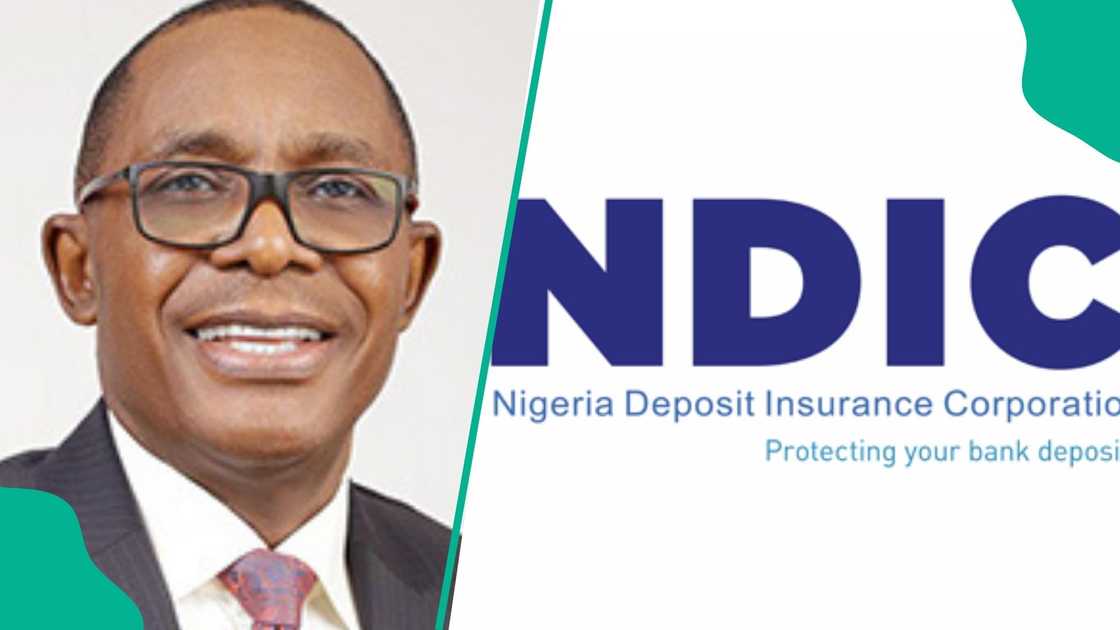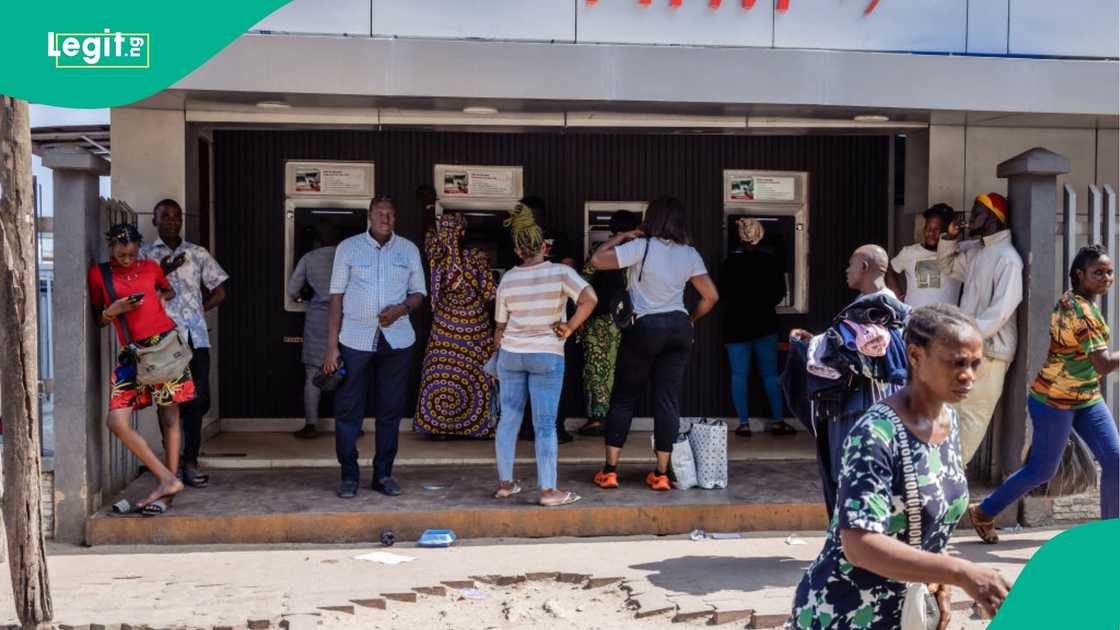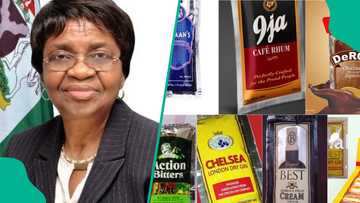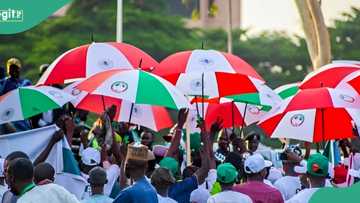NDIC Now Empowered to Prosecute Those Behind Bank Collapses in Nigeria
- The NDIC said the enactment of new laws has empowered it to prosecute those responsible for the collapse of banks
- The new laws now make it difficult for individuals and organisations culpable in failed bank cases to evade accountability
- The Corporation said it declared the first round of dividends to uninsured depositors of Heritage Bank, whose license was revoked last year by the CBN
Oluwatobi Odeyinka is a business editor at Legit.ng covering energy, money market, tech and macroeconomic trends in Nigeria
The Nigeria Deposit Insurance Corporation (NDIC) said newly enacted laws have empowered the agency to prosecute those responsible for bank collapses and to effectively liquidate such banks.
This was disclosed by the managing director of the Corporation, Thompson Sunday, when he received the president of the Business Recovery and Insolvency Practitioners Association of Nigeria (BRIPAN), Mr. Chimezie Victor Ihekweazu (SAN), and his council at the NDIC headquarters in Abuja, according to The Sun newspaper.

Source: Original
In a statement by the NDIC’s Head of the Communication and Public Affairs Department, the MD said the corporation’s powers to liquidate failed insured financial institutions have been enhanced with the enactment of the NDIC Act No. 30 of 2023 and the Banks and Other Financial Institutions Act (BOFIA) 2020.
“With the enactment of the NDIC Act 30 of 2023 and the Banks and Other Financial Institutions Act (BOFIA) 2020, the Corporation now has stronger legal backing to prosecute parties at fault in bank failures,” Sunday said.
He noted that those responsible for bank failures had used to evade prosecution in the past, but the new laws now make that impossible.
He said:
“Individuals no longer hide behind loopholes to escape liability. Today, many approach the NDIC to settle voluntarily, aware that the noose is tightening.”
Dividends paid to Heritage Bank's uninsured depositors
The managing director also noted that the Corporation has declared the first round of liquidation dividends to uninsured depositors of the defunct Heritage Bank, whose license was revoked by the Central Bank of Nigeria.
He said this was possible because of the legal reforms and commended the National Assembly for passing the laws.
”The Corporation’s ability to realise sufficient assets to declare a first round of liquidation dividends to the uninsured depositors of defunct Heritage Bank Limited within one year of the revocation of its licence is due to the positive impact of the new legal framework,” Sunday said.
Legit.ng reported that the CBN revoked Heritage Bank’s licence on June 3, 2024, and the NDIC began the sale of the bank’s assets by the last quarter of the same year.

Source: Getty Images
Why failed bank customers face recovery delays
Legit.ng earlier reported that the NDIC gave reasons why customers of failed banks often experience delays in recovering their deposits, like in the case of Heritage Bank.
The Corporation said such a delay is due to several litigations that usually precede the collapse of those banks.
It noted that some of the lawsuits are filed by former staff over issues like unpaid salaries, severance payments, exit packages, and benefits.
Proofreading by James Ojo, copy editor at Legit.ng.
Source: Legit.ng



